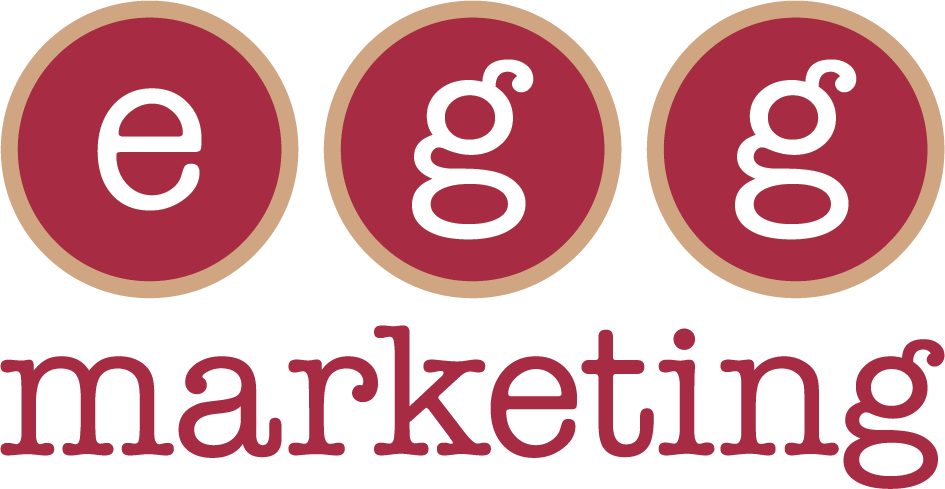As you start your business, there’s a lot on your to-do list, including managing your finances. You may assume that using your personal checking account for business purposes would suffice, but there are some reasons that might not be the best idea in the long run. Here, we’ll look at the key differences between a business account vs. personal account, look at which could be right for your company, and some strategies for how you can find the right bank for your business needs.
Business Account vs. Personal Account: What’s the Difference?
It’s important to understand the difference between personal and business bank accounts, because each provides specific benefits for specific situations. A personal checking account is for your use as a consumer, and a business checking account is for business-related transactions. With a personal account, you would pay personal bills, make purchases with a debit card, write checks, and manage your personal expenses and income. With a business account, you accept payments for your business and pay your vendors and business expenses. Some checking accounts are only for certain types of business structures, like corporations, LLCs, partnerships, or sole proprietorships. A business bank account may require a higher daily average balance than a personal one, and may have different features, like wire transfers or merchant services so you can accept payments via credit card. A business checking account may have a higher fee than a personal one, which may be more difficult to waive. The differences between a business account vs. personal account may not seem significant, but they can impact how you manage your company finances and how much time you spend doing so.
Read the rest on Lantern Credit.

